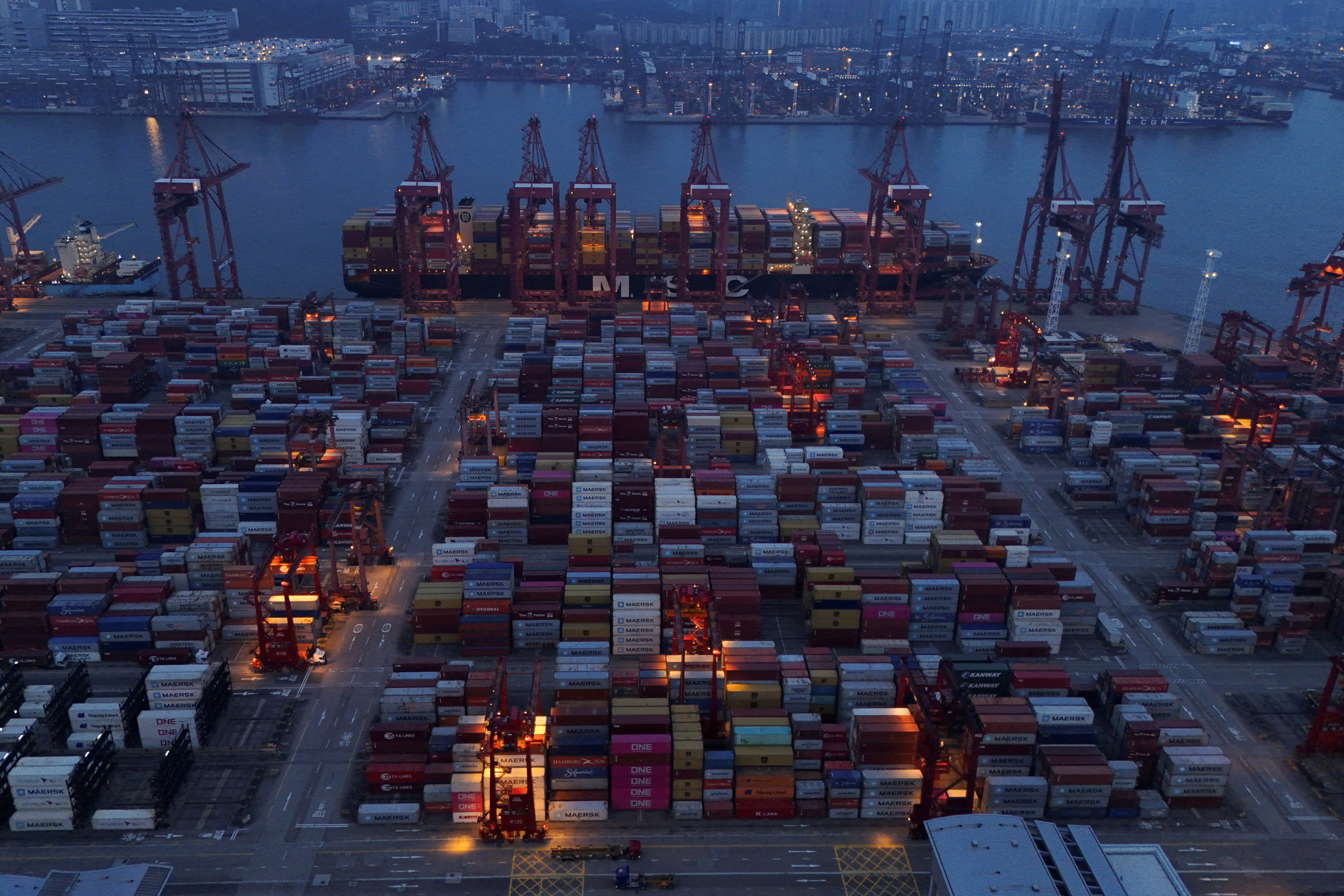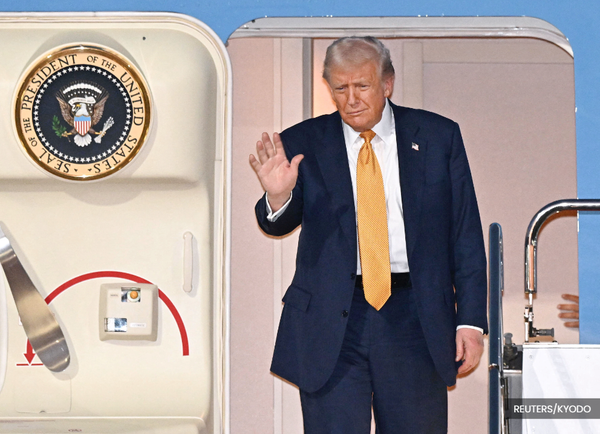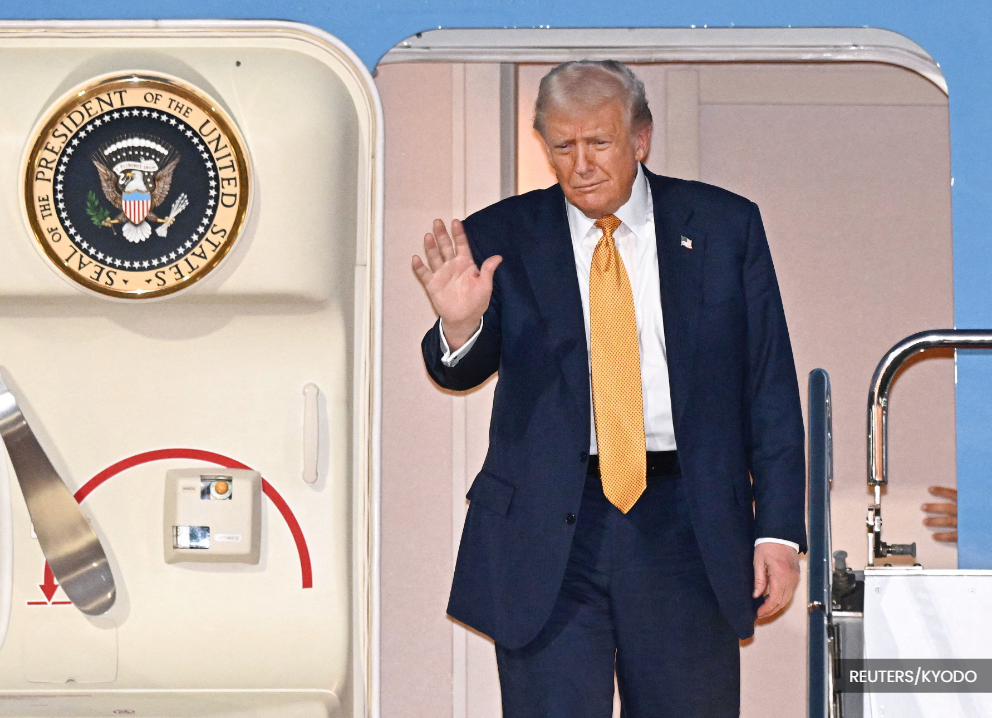NEW YORK, Oct 27 — Small importers for large United States (US) retailers rushed in China-made strollers and wares meant for spring next year, and are storing the goods in their own warehouses to avoid the big tariff bills that had been threatened over the next month.
Before Sino-American talks on the sidelines of the 47th Asean Summit in Kuala Lumpur, Malaysia, which eliminated the threat of US President Donald Trump's 100 per cent tariffs on Chinese imports starting November 1, importers were expecting to shoulder the staggering levies.
In response, importers of goods sold at retailers Walmart, Amazon, and Target chose to risk loading their balance sheets with inventory that may take months to move out, and pay more for warehousing costs.
They are also betting that consumer spending holds up in the spring as lower-income consumers rein in spending and the economy remains uncertain overall.
"We are trying to front-load spring orders. We brought in as much as we could manage," said high-end stroller-maker Austlen Baby Co.'s chief executive officer (CEO) Leslie Stiba.
She added that she had placed orders for 20 per cent to 25 per cent more strollers for spring 2026 — her biggest season — than last year. Overall, Stiba is holding 50 per cent more inventory than before the start of Trump's trade war, and has held off on hiring due to the new expenses.
Front-loading has become the norm for months now, as businesses have tried to get in front of Trump's vacillating levies. Importers bulked up shipments from China during the six-month tariffs truce between the two countries, triggering a surge in shipping rates and port activity.
Reuters reporting, in the days before the framework of a tariff truce was hashed out on Sunday, shows the phenomenon continued for spring 2026 shipments.
Like many importers of China-made goods, she had to stop shipments earlier this year when Trump first imposed tariffs of about 145 per cent. The halt hurt Stiba's business because she did not have enough inventory to fill orders.
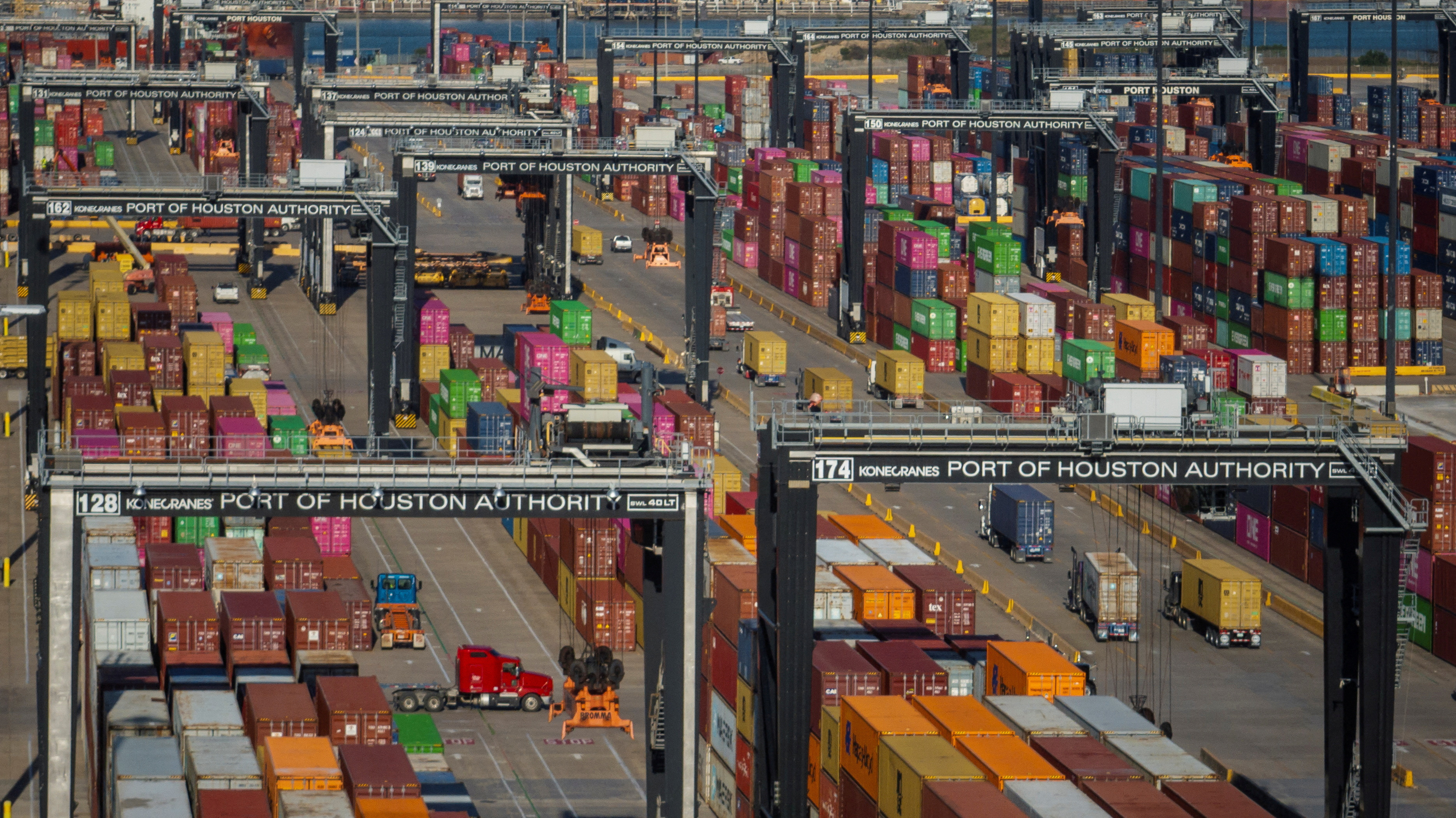
Ahead of schedule
Some Chinese suppliers took a more relaxed view, baking tariff-related uncertainty into their business plans.
"Whatever happens on November 1 will happen, and if it does not, it does not. I do not think very many people are assuming that tariffs will rise dramatically.
"People might be doing some front-loading deals with the assumption that we will have a three-month extension window, but there was not enough time to move orders forward to meet the November 1 deadline even if you wanted to," said a toymaker in southern China, who did not want to be named for privacy reasons.
On Sunday, US Treasury Secretary Scott Bessent said he anticipates that a tariff truce with China will be extended beyond the November 10 expiration date.
Deng Jinling, the manager of a Chinese company that exports thermos flasks to the US, told Reuters before Sunday's development that her shipments were still going out normally and she was not worried about further levies.
"There is no rush. Most of the goods have already been shipped, and only about 20 per cent of the US-bound cargo is left," she said.
Yet not all US importers ramped up shipments.
Spreetail, which distributes large items such as trampolines, was waiting to see whether the tariffs would stick, said its chief merchandising officer Owen Carr.
Spring merchandise, from warmer-weather apparel to Easter baskets, usually arrives stateside at the end of the year, with volumes peaking right before China's Lunar New Year celebration in winter.
"Until there is a clear path forward or a resolution (to the trade war), we can expect to see more front-loading. It has resulted so far this year in a tsunami of cargo," said the Port of Long Beach's chief operating officer Noel Hacegaba, whose seaport is the US' second busiest.
He noted that this year, record volumes, including spring goods, are far ahead of schedule.
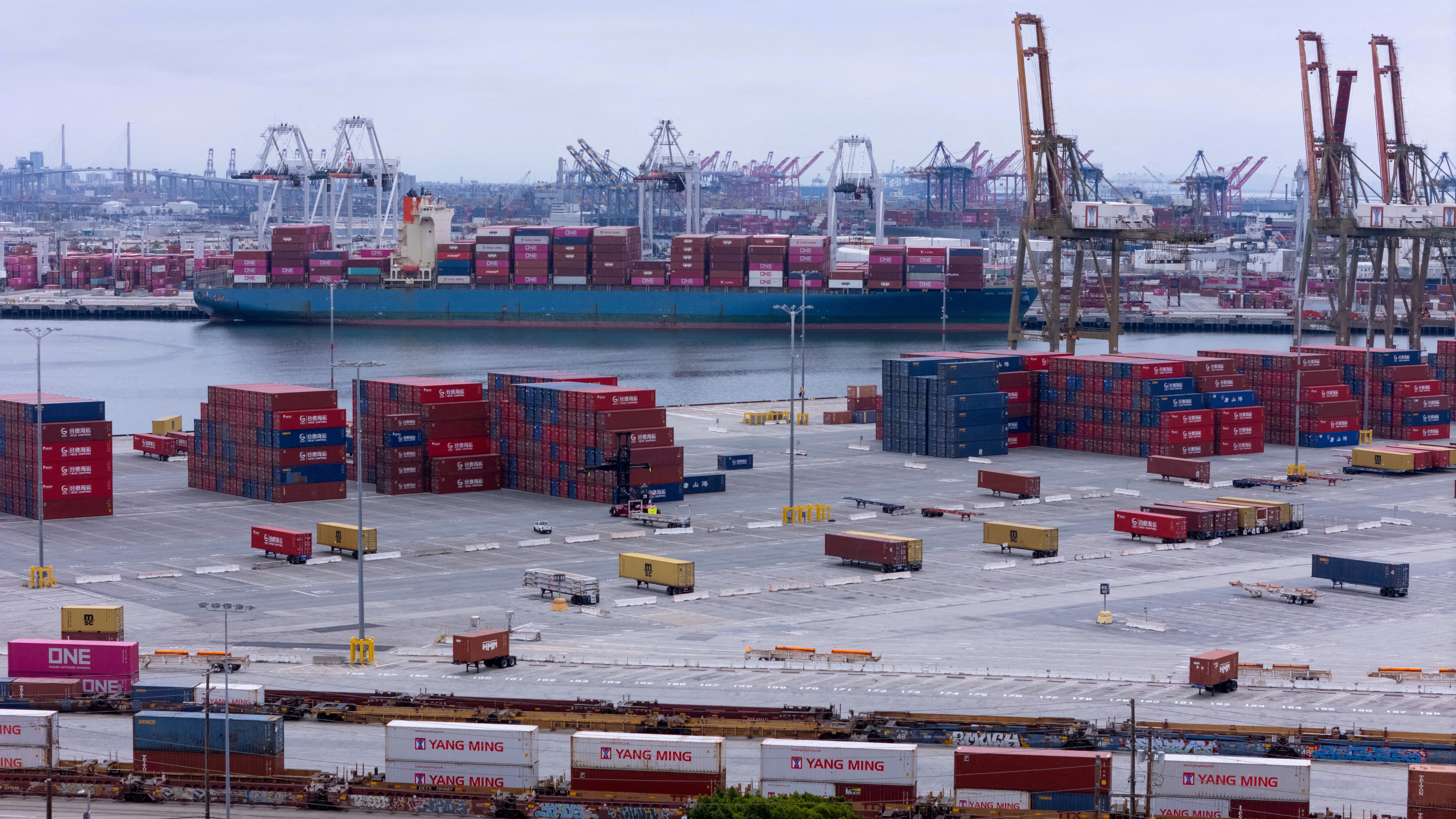
Mitigating risks
Retailers are ordering more from suppliers' domestic warehouses, rather than picking up directly from China, executives at toymakers Hasbro and Mattel have said on recent calls. That allows them to mitigate tariff risks and control the pace of stocks on their shelves as shoppers tighten budgets.
Holiday toymaker Hey Buddy Hey Pal, which imports Easter-egg decorating kits from China, already has 50 per cent of its spring goods ready to be shipped from a Dallas warehouse, said its co-founder Curtis Gill.
Balsam Hill CEO Mac Harman, whose company supplies artificial Christmas trees and seasonal decor, recently decided to move forward with spring orders for floral wreaths it had been holding back on.
"We did a scaled-back order for spring," he said, adding that prices were raised.
